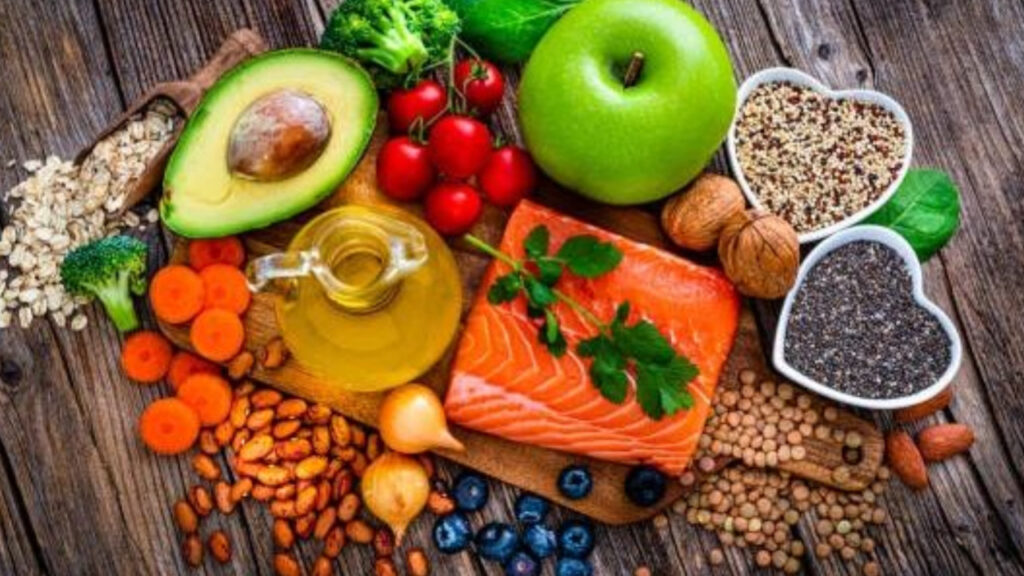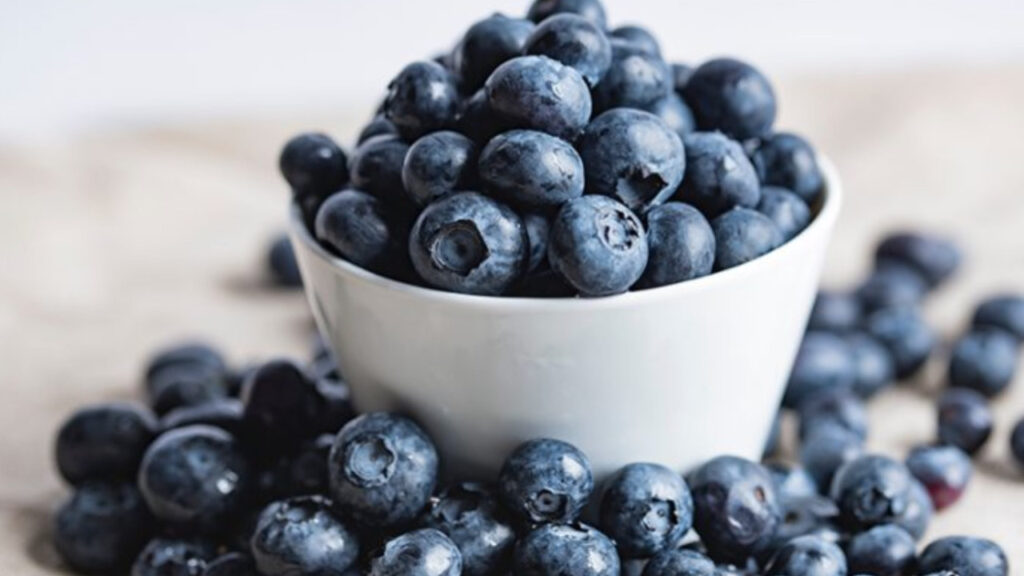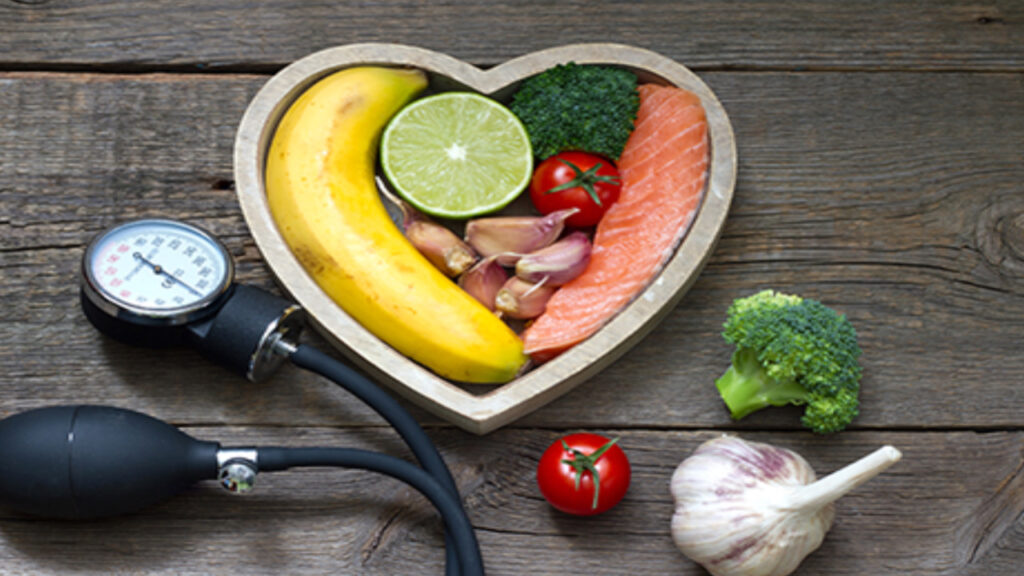Health Tips
High blood pressure, also known as hypertension, is a common health condition that can lead to serious complications like heart disease, stroke, and kidney problems if left unmanaged. While medication may be necessary in some cases, diet plays a major role in maintaining healthy blood pressure levels. Including the right foods in your daily meals can help reduce high blood pressure and support overall heart health.

Leafy Green Vegetables
Vegetables like spinach, kale, arugula, and Swiss chard are rich in potassium, which helps the body get rid of excess sodium—a key contributor to high blood pressure. Potassium also helps relax blood vessel walls, allowing blood to flow more freely.
Berries
Blueberries, strawberries, and raspberries are packed with antioxidants called flavonoids. These natural compounds have been shown to reduce blood pressure and improve the health of blood vessels. Adding a handful of berries to your breakfast or snack can be a tasty way to support heart health.

Beets
Beets are high in nitrates, which the body converts into nitric oxide. This compound helps widen blood vessels and improve blood flow, resulting in lower blood pressure. Drinking beet juice or adding cooked beets to salads can be beneficial.
Oats
Oats contain a type of fiber known as beta glucan, which can help reduce both systolic and diastolic blood pressure. A bowl of oatmeal in the morning is a heart-healthy choice that keeps you full and supports your cardiovascular system.

Bananas
Another excellent source of potassium, bananas are easy to include in your diet. They help balance sodium levels and keep blood pressure in check. They also make a great on-the-go snack.
Fatty Fish
Fish like salmon, mackerel, and sardines are rich in omega-3 fatty acids. These healthy fats reduce inflammation, improve blood vessel function, and help lower blood pressure. Eating fish twice a week is a good target.
Garlic
Garlic has been used for centuries for its medicinal properties. It contains allicin, which helps relax blood vessels and improve circulation, contributing to lower blood pressure levels.
A heart-friendly diet that focuses on whole, unprocessed foods can go a long way in managing high blood pressure. Along with regular physical activity, reducing salt intake, and staying hydrated, these foods can support a healthier lifestyle and better long term health. The good news is that certain foods are known to help lower blood pressure naturally. These foods work by supporting healthy blood vessel function, improving circulation, and helping the body manage sodium and fluid levels. Including these items in your daily meals can make a significant difference in your blood pressure readings and overall health.





